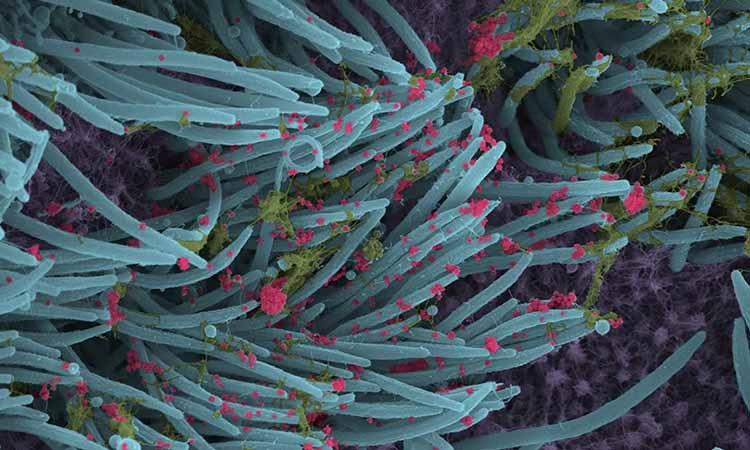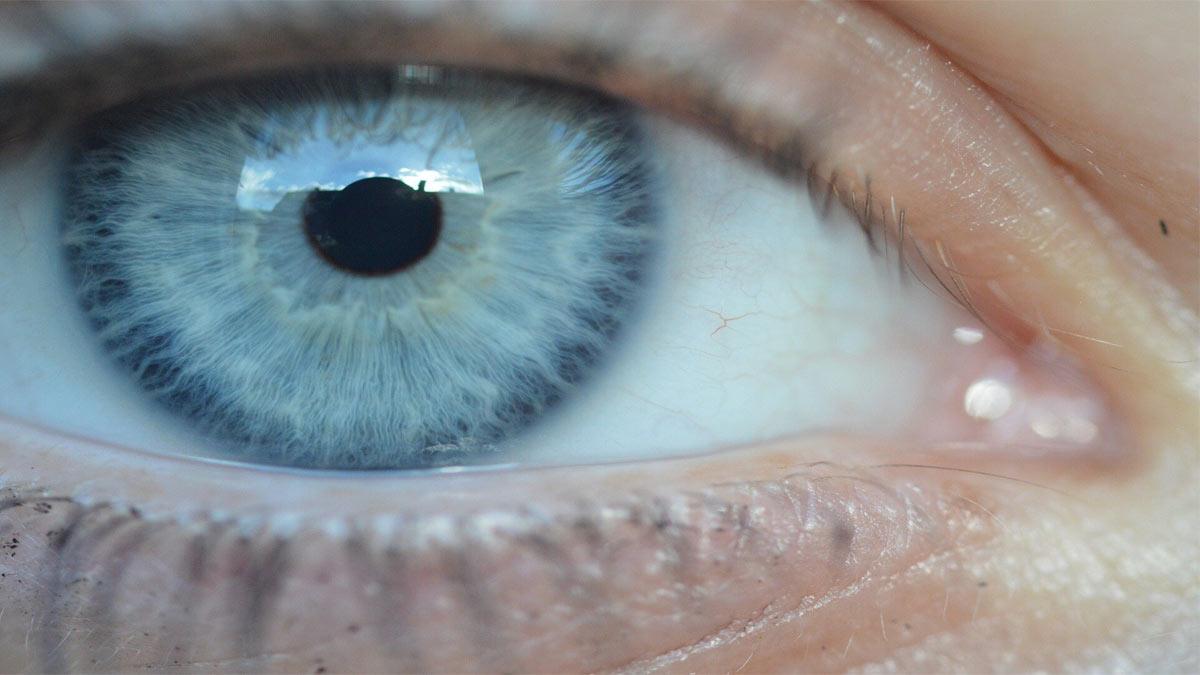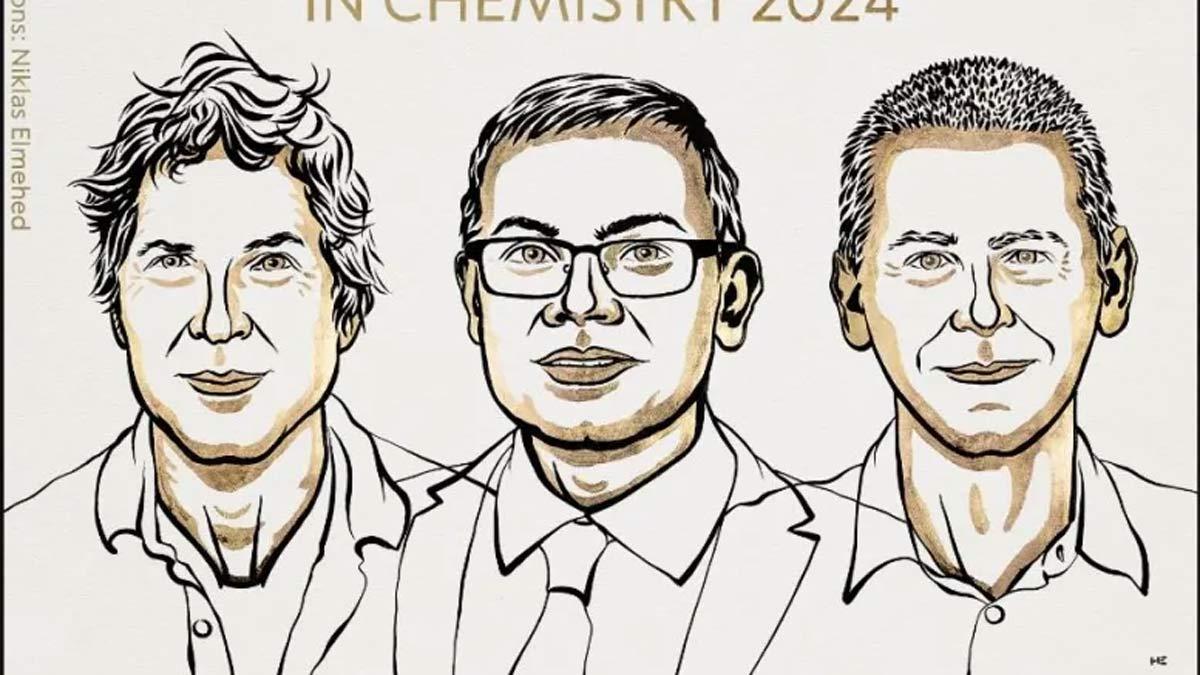SARS-CoV-2, the virus that causes Covid-19, is covered in tiny spike proteins. This spike protein can bring about long-term gene expression changes, finds a new cell study that can explain why some Covid-19 patients -- referred to as Covid long-haulers -- experience symptoms such as shortness of breath and dizziness long after clearing the infection.
During an infection, the spike proteins bind with receptors on cells in our body, starting a process that allows the virus to release its genetic material into the inside of the healthy cell.
"We found that exposure to the SARS-CoV-2 spike protein alone was enough to change baseline gene expression in airway cells," said Nicholas Evans, a student at the Texas Tech University Health Sciences Centre in the US.
"This suggests that symptoms seen in patients may initially result from the spike protein interacting with the cells directly," Evans added.
For the study, the researchers optimised a previously developed culturing approach known as the air-liquid interface technique, which involved exposing cells to air and then giving them time to mature into airway cells.
The team found that cultured human airway cells exposed to both low and high concentrations of purified spike protein showed differences in gene expression that remained even after the cells recovered from the exposure. The top genes included ones related to inflammatory response.
"Our work helps to elucidate changes occurring in patients on the genetic level, which could eventually provide insight into which treatments would work best for specific patients," said Evans.
The findings will be presented at the American Society for Biochemistry and Molecular Biology annual meeting during the virtual Experimental Biology 2021 meeting, to be held April 27-30.


















